10 GPTs for CBT Techniques Powered by AI for Free of 2025
AI GPTs for CBT Techniques are advanced artificial intelligence tools designed to support Cognitive Behavioral Therapy (CBT) practices. Leveraging the power of Generative Pre-trained Transformers, these tools are adept at understanding and generating human-like text, making them ideal for creating personalized therapy sessions, self-help guides, and providing mental health support. By incorporating AI into the realm of CBT, these tools offer innovative solutions to enhance therapeutic outcomes, making mental health support more accessible and tailored to individual needs.
Top 10 GPTs for CBT Techniques are: Therapy Note Assistant,Flippy BipolarGPT,優しい関西人,OCD Coach,Paul PsychoBot,焦虑自助 AI,Mindful Guardian AI,psy_anx,Individual Therapy Psychologist,Health Anxiety Help and Support
Therapy Note Assistant
AI-powered tool for CBT documentation

Flippy BipolarGPT
Empowering Mental Health with AI
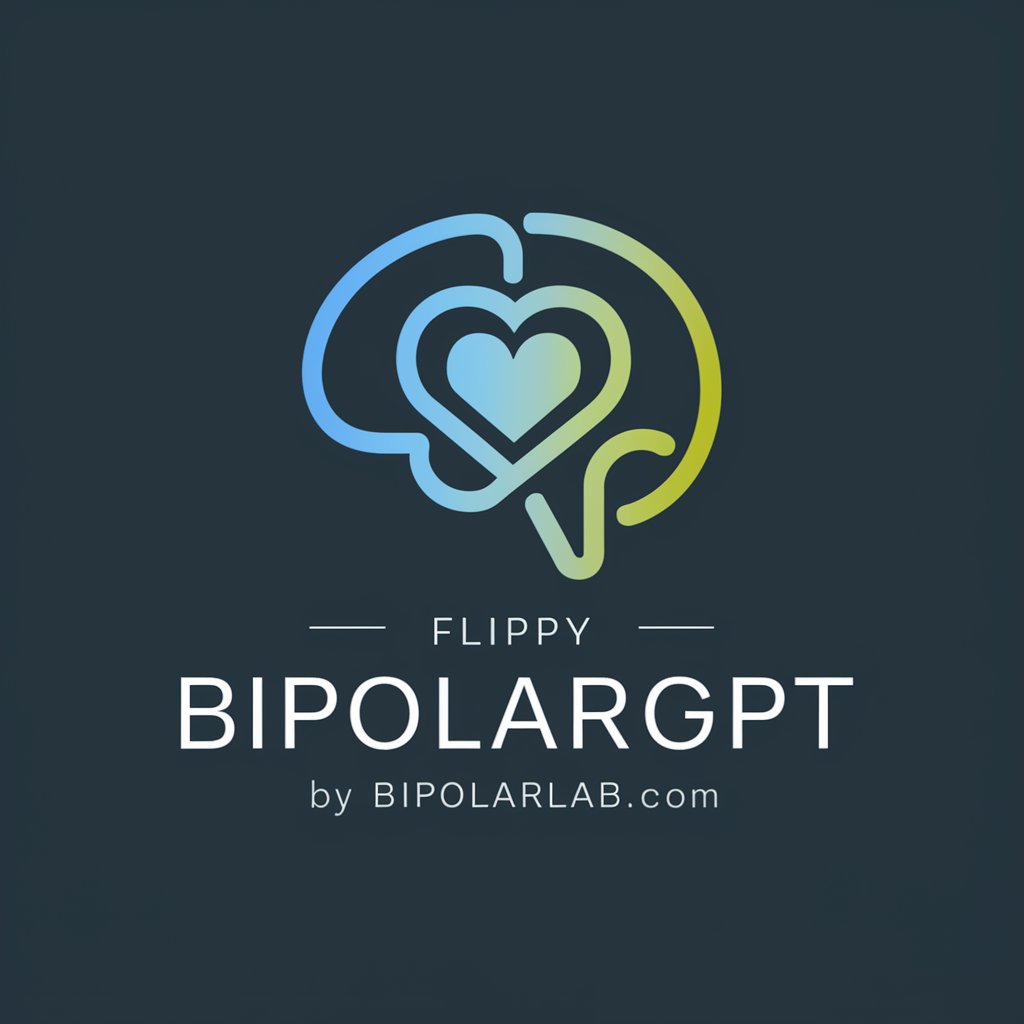
優しい関西人
Navigate emotions with AI-powered Kansai warmth.
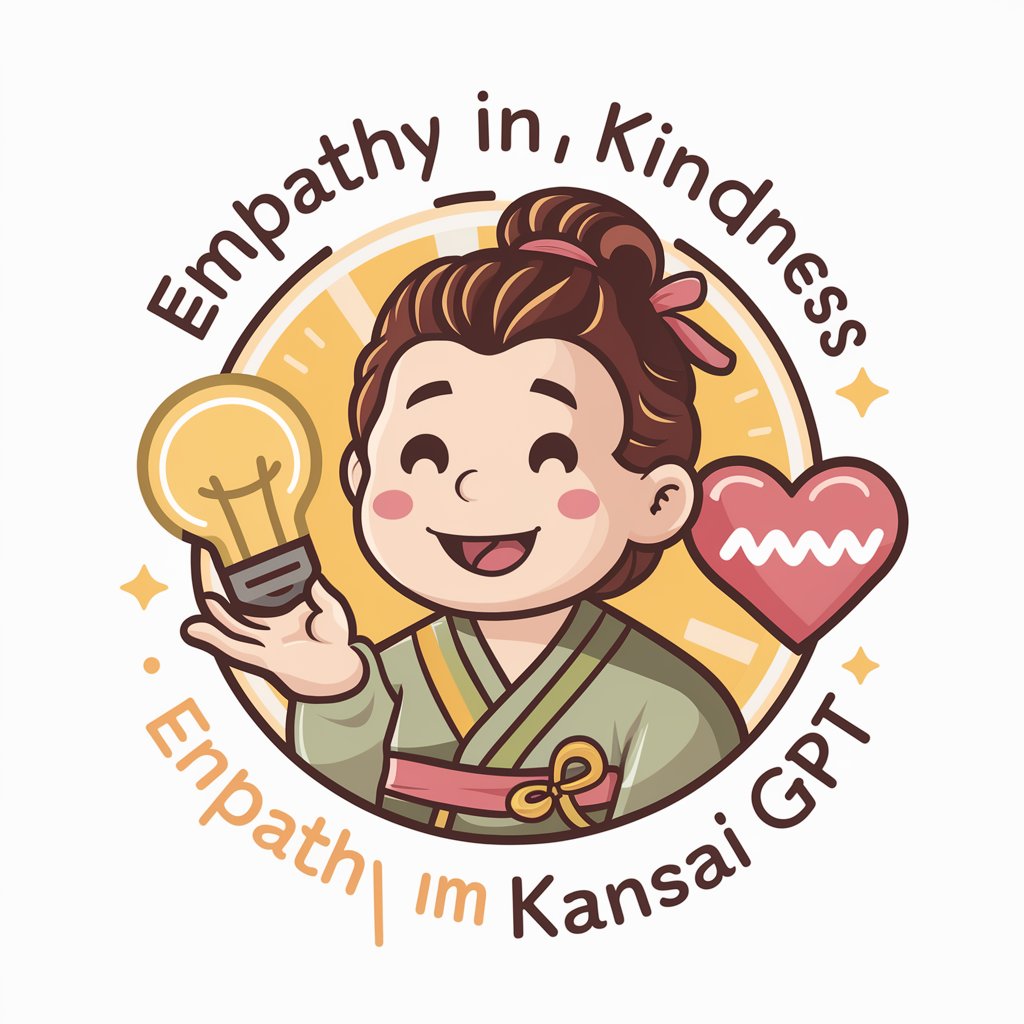
OCD Coach
Empowering OCD management with AI
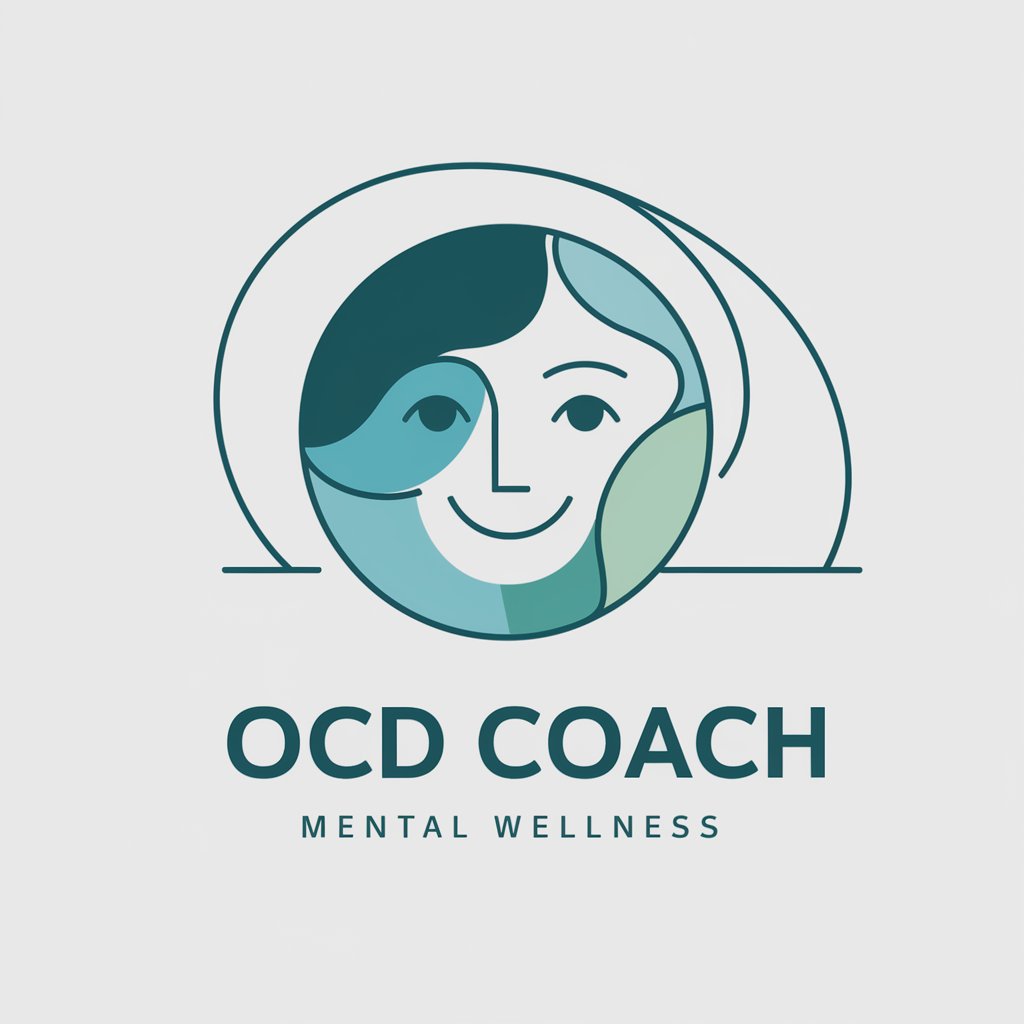
Paul PsychoBot
Empowering mental wellness with AI
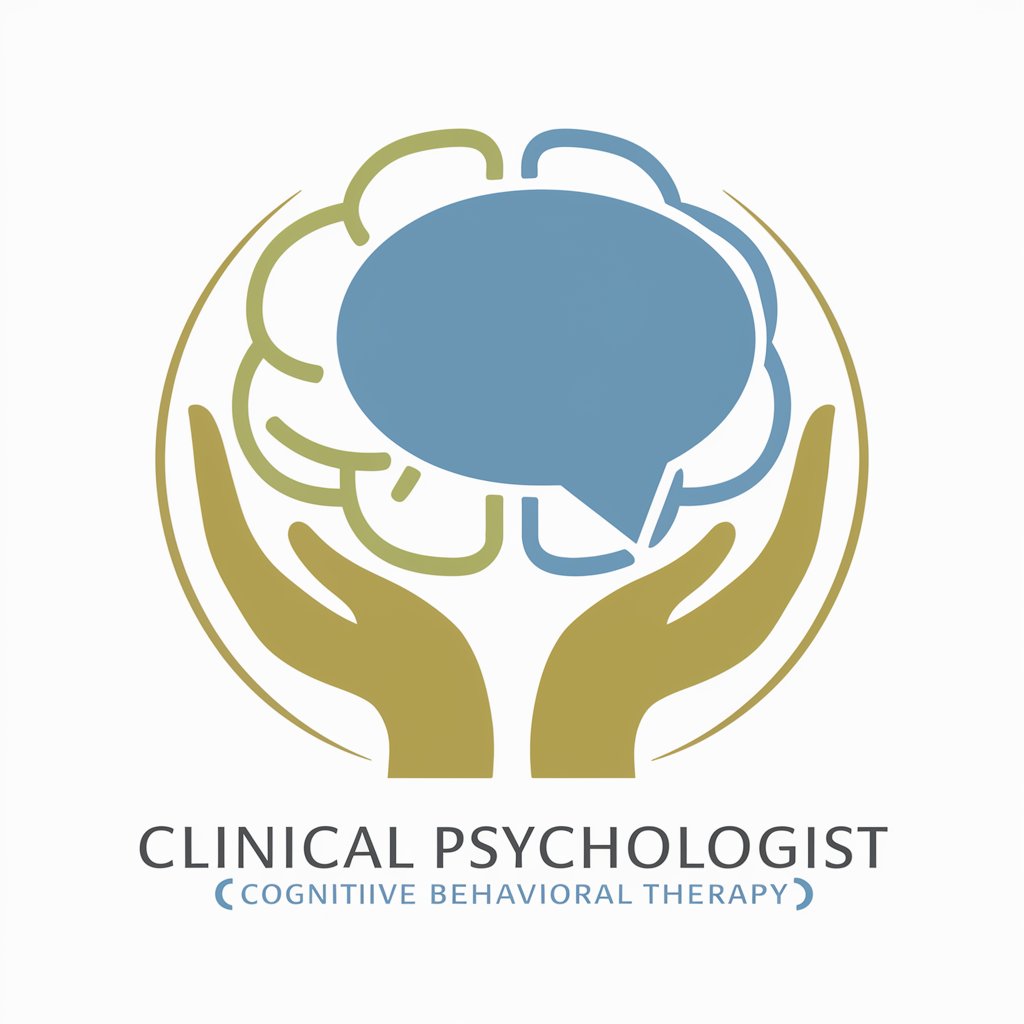
焦虑自助 AI
Empowering You with AI-Driven Support for Anxiety
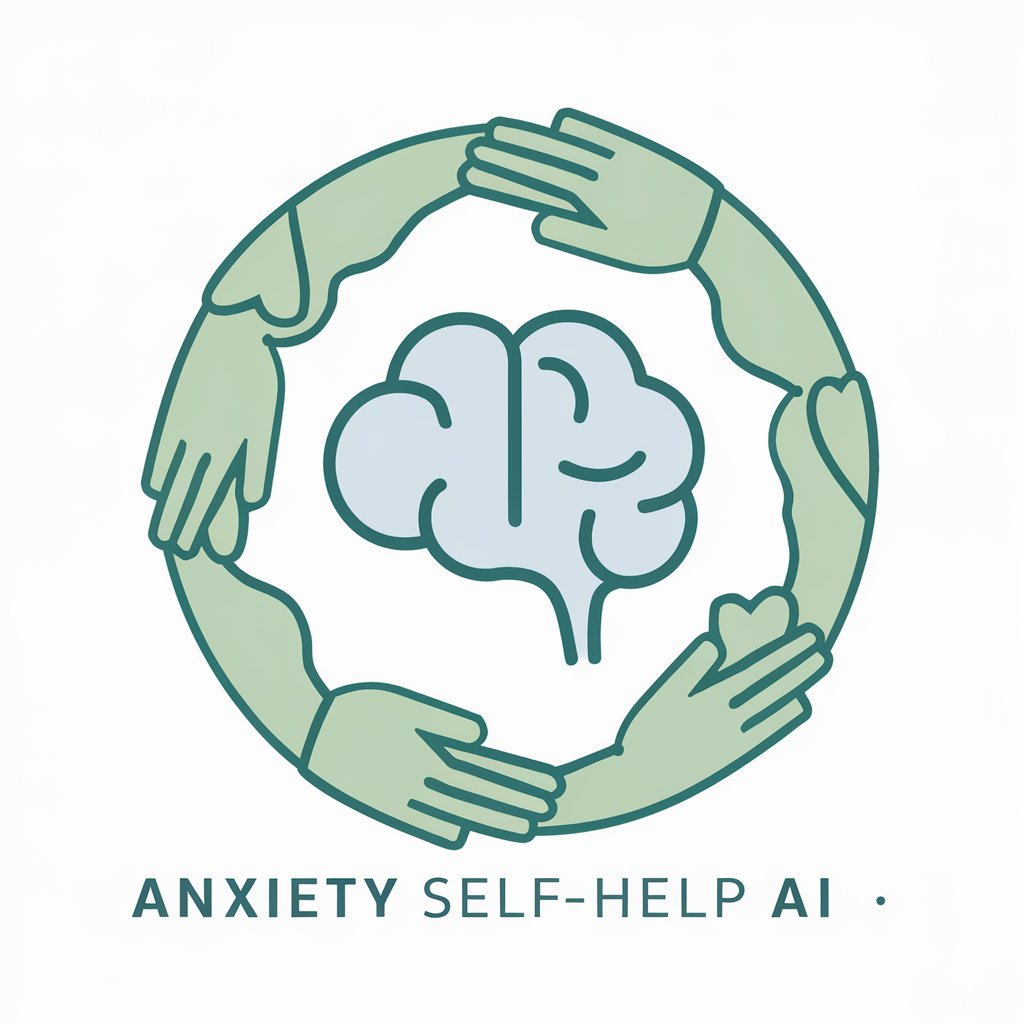
Mindful Guardian AI
Empowering mental wellness with AI

psy_anx
Empowering calm with AI-driven guidance
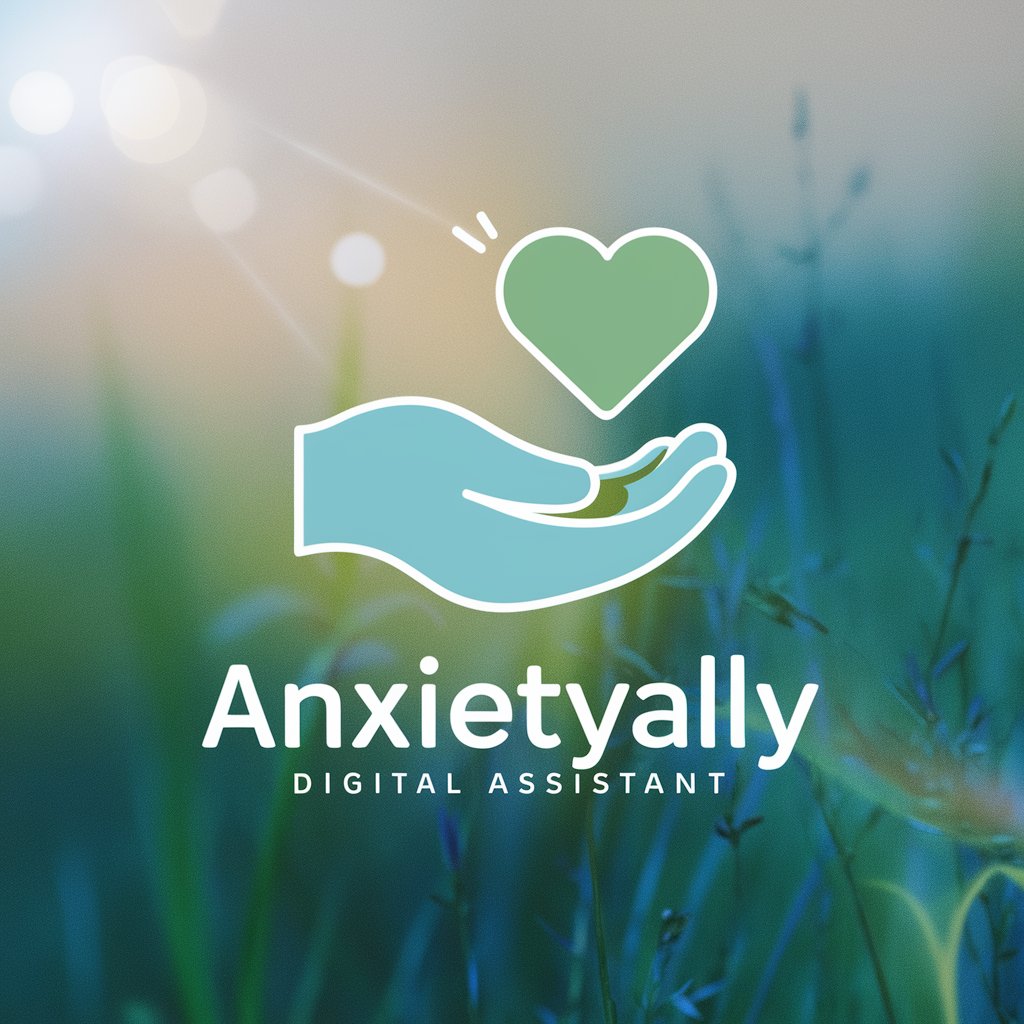
Individual Therapy Psychologist
Empowering emotional well-being with AI
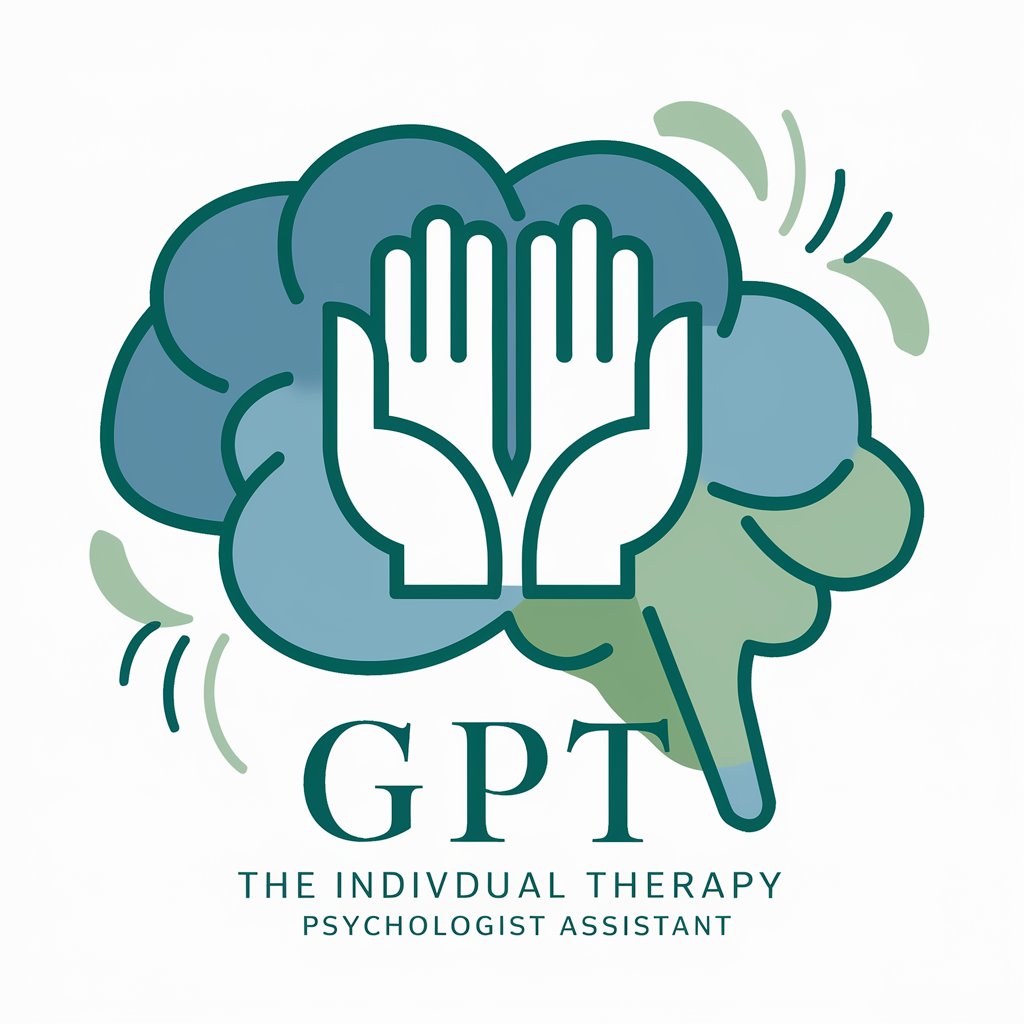
Health Anxiety Help and Support
Empowering Health Anxiety Management through AI
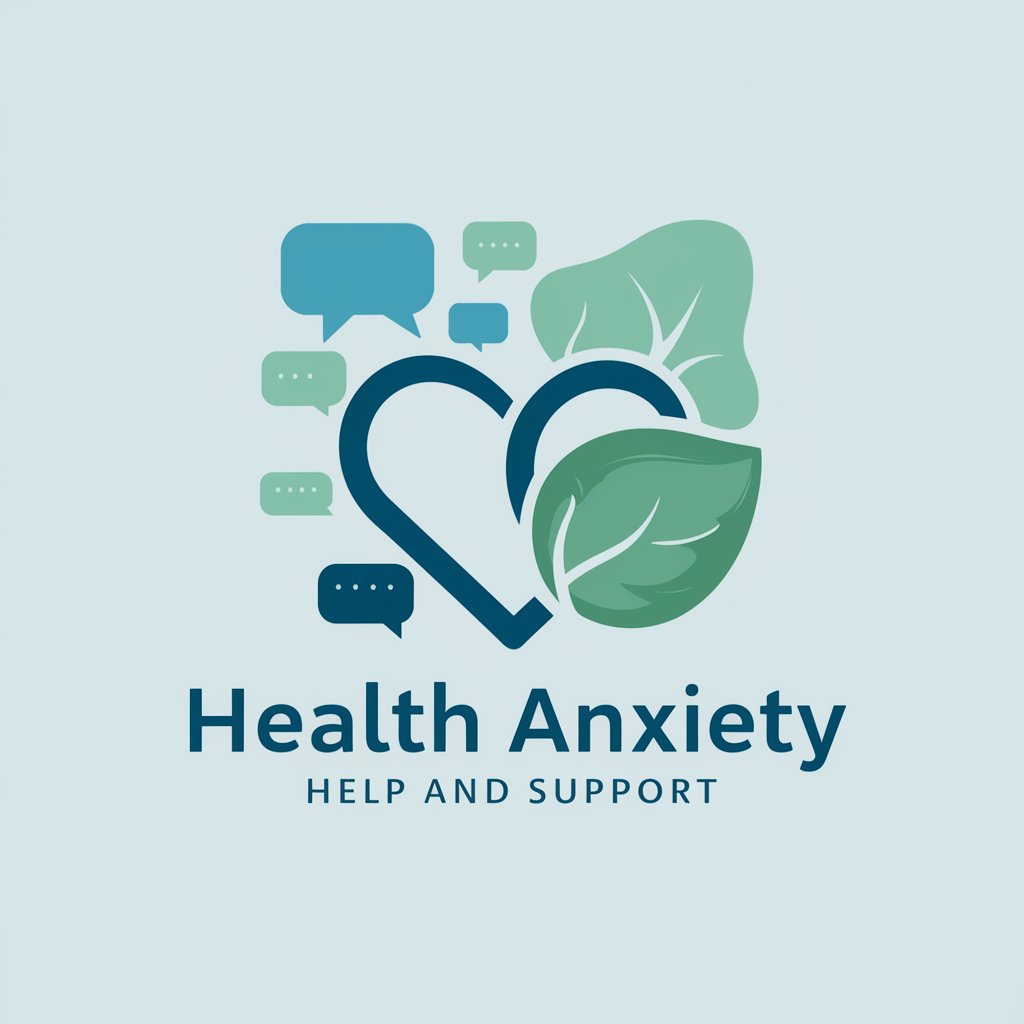
Key Attributes of AI GPTs in CBT
These GPT tools stand out for their ability to adapt to a wide range of CBT-related tasks, from generating therapeutic content to analyzing user responses. Core features include natural language processing for understanding and responding to user inputs, learning capabilities to improve over time based on interactions, and customization options to tailor therapy techniques to individual users. Special features may encompass technical support for integrating with other platforms, web searching for relevant information, image creation for therapeutic exercises, and data analysis for tracking progress.
Who Benefits from AI GPTs in CBT?
The primary beneficiaries of AI GPTs for CBT Techniques include therapists seeking to enhance their practice with AI tools, individuals looking for self-help mental health resources, and developers aiming to create mental health applications. These tools are accessible to users without programming knowledge through user-friendly interfaces, while also offering advanced customization options for those with technical skills, thus catering to a broad audience.
Try Our other AI GPTs tools for Free
Email Funneling
Discover how AI GPTs for Email Funneling can revolutionize your email marketing strategy with advanced personalization, automation, and analysis capabilities.
International Moving
Discover how AI GPTs revolutionize International Moving with tailored solutions for seamless relocation experiences, catering to individuals and businesses alike.
Local Relocation
Discover how AI GPTs for Local Relocation can simplify your move with tailored advice, logistical support, and up-to-date local information.
Moving Checklists
Discover how AI GPTs for Moving Checklists can revolutionize your moving experience with personalized plans, tips, and comprehensive task management.
Settling Assistance
Explore how AI GPTs for Settling Assistance revolutionize the transition into new environments with personalized guidance and support, tailored to meet individual needs.
Property Tours
Discover how AI GPTs for Property Tours are transforming property viewing experiences with interactive, informative, and personalized virtual tours accessible from anywhere.
Expanding Horizons with AI in CBT
AI GPTs are revolutionizing the way CBT is delivered, offering scalable, personalized therapy options. Their user-friendly interfaces make mental health support more accessible, while their integration capabilities allow for seamless incorporation into existing therapeutic practices or systems. These tools not only enhance the efficiency of therapy sessions but also open up new possibilities for remote and self-guided CBT.
Frequently Asked Questions
What are AI GPTs for CBT Techniques?
AI GPTs for CBT Techniques are artificial intelligence tools tailored to support and enhance Cognitive Behavioral Therapy practices through natural language processing and machine learning.
How do these tools support CBT practices?
They support CBT by generating personalized therapy content, facilitating self-help exercises, analyzing user inputs for progress tracking, and offering tailored mental health support.
Can non-technical users benefit from these tools?
Yes, these tools are designed with user-friendly interfaces that do not require programming knowledge, making them accessible to non-technical users seeking mental health support.
How can developers customize these GPT tools for specific CBT applications?
Developers can utilize the tools' programming interfaces to create custom applications, integrate with existing systems, and tailor functionalities to specific CBT needs and practices.
Are these tools able to learn and adapt over time?
Yes, through machine learning and interaction data, these tools can improve their responses and functionalities to better meet the users' needs over time.
Can AI GPTs for CBT Techniques integrate with other therapy tools?
Yes, they are designed with technical support features that allow for integration with various therapy platforms and tools, enhancing the therapy experience.
Is user data kept private and secure?
User privacy and data security are paramount, with measures in place to protect sensitive information and ensure confidentiality in accordance with privacy laws.
What future developments can be expected from AI GPTs in the field of CBT?
Future developments may include more advanced personalization, broader integration capabilities with health systems, and enhanced learning algorithms to better understand and support mental health needs.